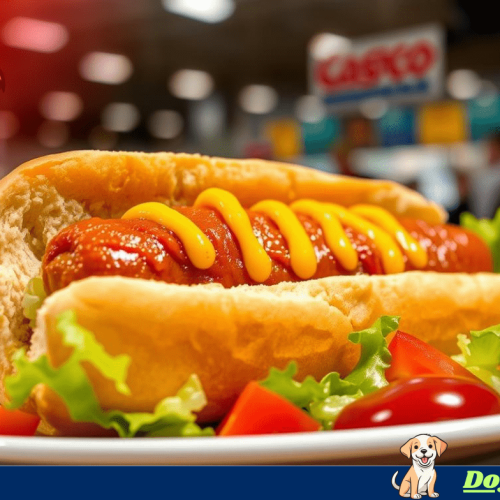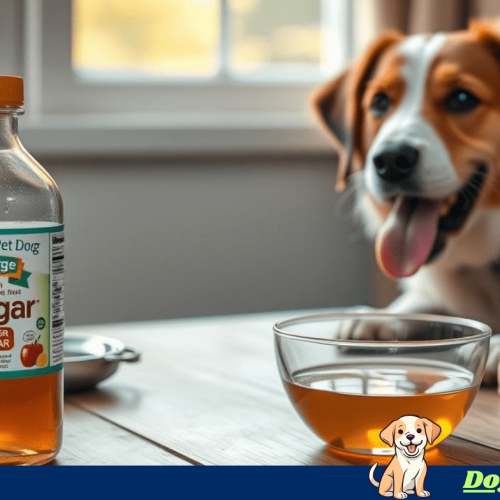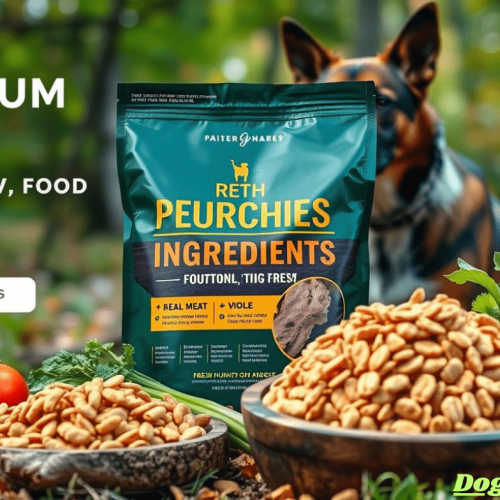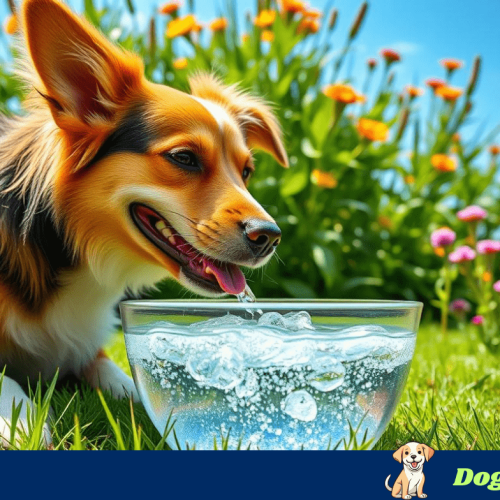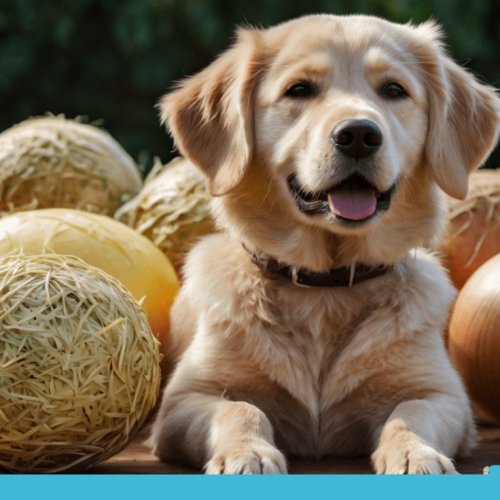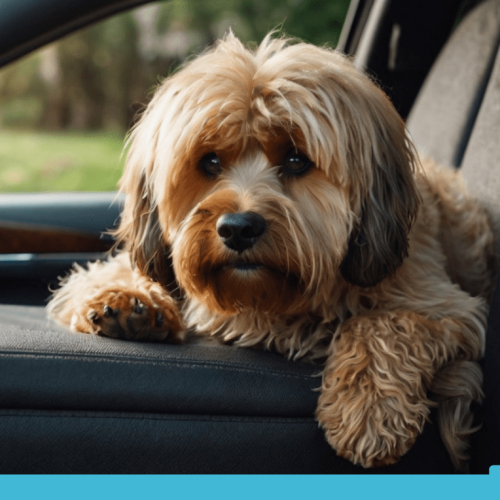Table of Contents
Toggle“A Complete Guide to Caring for K9 Sheriff Dogs: Health, Training, and Wellbeing”
k9 sheriff dog guidelines for care of dogs: This guide covers the key points for caring for police dogs. It talks about training, handling, and vet care. It also covers nutrition and keeping them safe in hot weather. This article is for law enforcement and anyone interested in K9 units. It helps keep these amazing service animals healthy and safe.
Key Takeaways
- Understand the unique training and handling requirements for K9 officers
- Ensure proper nutrition and veterinary care to maintain the health of police dogs
- Implement heat safety and grooming protocols to keep K9 units comfortable and safe
- Learn about the adoption process for retired police dogs
- Discover the essential guidelines for caring for k9 sheriff dogs in law enforcement
Understanding the Unique Needs of K9 Officers

Canine officers are key in law enforcement, helping with detection, apprehension, and patrol. They need special training and handling, unlike regular dogs. It’s vital to know their unique needs for their success and well-being.
Canine Officer Training Protocols
It’s tough for a dog to become a K9 officer. They must learn obedience, detection, and apprehension. This training sharpens their skills and builds discipline.
They learn commands, track scents, and safely catch suspects. They stay calm and in control, even in stressful situations.
Police Dog Handling Techniques
Handling K9 officers right is key for their safety and success. Handlers must build a strong bond and use consistent methods. This ensures the dog works well with their human partner.
Handlers use special commands and leash techniques. This helps the K9 officer respond well in different law enforcement situations.
| Training Area | Key Focus |
| Obedience | Mastering basic commands, developing discipline |
| Detection | Scent tracking, identifying illicit substances |
| Apprehension | Safe suspect apprehension, controlled aggression |
Law enforcement can better prepare their K9 units by understanding their training and handling needs. This ensures they serve their communities well and work well with their human partners.
Maintaining a Healthy K9 Unit

Keeping your K9 officers in top shape is key for their work. They need the right food and vet care to perform well and stay safe. This part talks about the must-haves for a healthy K9 team.
Nutrition for Working Dogs
Second, the foundation of your K9’s health is their diet. Their special tasks demand a dietary intake that fuels them to provide the required nutrients and energy. A little bit of water goes a long way to help facilitate movement and keep their system balanced, especially when they are under the stress of working.
Your K9 team can benefit from supplements. Exercise some care here. Go for the ones from a working dog range and look at joints or immune health muscles. A vet knowledgeable in K9 nutrition can help guide you toward a plan that is unique to your pet’s dietary profile.
Veterinary Care for K9 Officers
Your K9 needs healthy vet care. They must have ongoing check-ups, preventive measures, and early treatment of any problems. Your vet can recommend heartworm, flea, and tick preventives, as well as vaccines for your pup.
A vet who knows law enforcement K9s is even more important when we have an emergency. They can also administer the appropriate care quickly, getting your dogs back to work as soon as possible.

| Nutritional Needs | Veterinary Considerations |
|
|
By focusing on your K9’s nutrition and vet care, you keep them healthy and ready to serve. They’ll stay strong and dedicated to their community.
k9 sheriff dog guidelines for care of dogs
Keeping police k9 officers healthy is key. The k9 sheriff dog guidelines help ensure these dogs get the care they need. This includes nutrition, grooming, vet care, and training.
Nutrition for K9 Officers
A good diet is vital for k9 sheriff dogs. They need food rich in calories, proteins, and vitamins. The guidelines suggest a high-quality, protein-rich dog food for active dogs.
It’s also important to control portions and keep a regular meal schedule. This helps keep their weight and energy levels right.
Grooming and Hygiene
Good grooming is key for k9 sheriff dogs’ health and looks. The guidelines recommend regular brushing, baths, and nail trims. This keeps their coats and paws in great shape.
Don’t forget about dental care. Regular teeth cleaning is crucial to prevent dental issues and keep them healthy.
Veterinary Care and Preventive Health
Comprehensive vet care is a must for k9 sheriff dogs. Regular check-ups, vaccinations, and preventive treatments are essential. This includes flea and tick control to keep them healthy.
It’s also important to seek immediate medical attention for any injuries or illnesses. This ensures they can get back to work quickly.
Guideline | Description |
| Nutrition | High-quality, protein-rich dog food formulated for active working dogs. Proper portion control and regular meal schedules. |
| Grooming | Regular brushing, bathing, and nail trimming. Attention to dental hygiene, including regular teeth cleaning. |
| Veterinary Care | Regular check-ups, vaccinations, and preventive treatments. Prompt medical attention for injuries or illnesses. |
Following the k9 sheriff dog guidelines helps law enforcement keep their canine officers healthy and happy. This ensures they can serve their communities with excellence.
Ensuring Safety and Comfort
K9 officers are key in keeping our communities safe. But, their jobs can be tough on them. We’ll look at two important ways to care for them: heat safety and grooming.
Heat Safety for Working Dogs
Working dogs, like those in law enforcement, are at risk of heat-related illnesses. It’s vital to keep them safe from heat exhaustion and heatstroke. To protect working dogs, make sure they have:
- Always clean, cool water available
- Less time outside when it’s very hot
- Shaded and air-conditioned places to rest
- Watch for signs of heat stress, like too much panting or tiredness
- Use cool towels or special vests to cool them down
By focusing on heat safety for working dogs, you help them stay cool and ready to serve.
Grooming for Law Enforcement K9s
Dog grooming for service animals, like law enforcement K9s, is crucial. It’s not just about looks; it’s for their health and appearance. Regular grooming:
- Prevents mats and skin problems
- Helps find health issues early
- Makes them more comfortable and able to move well
- Keeps them looking professional for public work
By making dog grooming for service animals a priority, you ensure K9 officers are confident and ready for their duties.
Conclusion

In this guide, you’ve learned key tips for caring for police dogs. You now know how to train and handle K9 officers. You also understand the importance of their health and nutrition.
By following these guidelines, you can keep your K9 officers in top shape. They’ll be ready to protect and serve with great skill. This guide helps you care for your dogs, from keeping them cool in the heat to grooming them right.
Remember, your K9 officers’ health is crucial for their work and for keeping communities safe. Use the tips from this article to create a strong K9 unit. This will show the best of the partnership between humans and dogs in law enforcement.
Freequently asked question about k9 sheriff dog guidelines for care of dogs
What are the essential guidelines for caring for K9 sheriff dogs?
Caring for K9 sheriff dogs involves many important steps. These include training, handling, nutrition, vet care, heat safety, and grooming. Each step is crucial for their health and happiness.
How do K9 officer training protocols differ from typical dog training?
K9 officers get training that’s more than basic obedience. They learn to detect, apprehend, and perform tactical tasks. They also need to be handled correctly to stay safe and in control.
What are the key nutritional considerations for working dogs in K9 units?
Working dogs need a diet that’s high in energy. Their food should have the right mix of proteins, fats, and carbs. They also need plenty of water and supplements to stay healthy.
How can K9 officers receive the best veterinary care to ensure their long-term health?
K9 officers need regular vet visits and preventive care. They should also have emergency treatment ready. A vet who knows about working dogs can give them the best care.
What heat safety considerations are important for K9 service animals?
In hot weather, K9s face special risks. It’s important to keep them hydrated, cool, and safe. This means giving them water, shade, and watching for heat sickness.
How should K9 officers be groomed to maintain their health and appearance?
Grooming is key for K9 officers. They need regular brushing, baths, nail trims, and ear cleanings. This keeps them healthy and looking good for work.
Also Read : Dog Life Info


